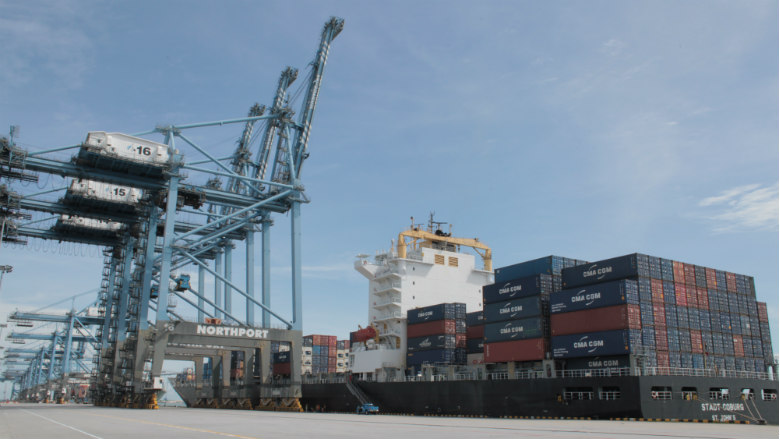Key Findings
Malaysia’s growth remains resilient.
- Malaysia grew 5% in 2015 and is expected to grow 4.4% in 2016.
- Private investment growth is expected to moderate given a less optimistic business sentiment and as commodity prices and global economic growth remain subdued.
- Malaysia's GDP is expected to grow at 4.5% in 2017 and 4.7% in 2018 as commodity prices recover and global economic growth improves.
- Fiscal consolidation remains on track despite lower oil-related revenues achieved through reduction in the government’s operating expenditures and the implementation of the GST in April 2015.
Trade has been an engine of growth for Malaysia in the last four decades.
- Malaysia is one of the most open economies in the world, with a trade to GDP ratio of 148% (from 2010 to 2014) compared to 58% in developing countries in East Asia and Pacific.
- The country’s main exports have over time gradually diversified into manufacturing with electrical and electronics accounting for 40% of all exports.
- About 40% of jobs in Malaysia are linked with export activities.
- Total wages supported by exports has quadrupled between 1995 and 2011.
- 21 trade agreements have been signed by the country which have reduced tariffs, facilitated market access, and opened Malaysia for direct investments.
The implementation of new regional trade agreements can help Malaysia carry out key economic reforms and accelerate the country’s transition to high-income status.
- The new generation of regional trade agreements – including the Regional Cooperation Economic Partnership (RCEP), Trans-Pacific Partnership (TPP) and European Union Free Trade Agreement (EU-FTA) – will shape trade and investment over the next decade.
- Commitments in these agreements goes beyond tariff reduction: they can have a significant impact on attracting investment, and further open up market access for Malaysia’s exports of goods and services.
- Malaysia can use these agreements to push for deeper reforms in competition policy, services trade and support to SMEs that would otherwise be difficult to initiate.
The transition might not be easy and proactive measures will be needed to ensure wider benefits under the new regional trade agreements.
- Commitments in new trade agreements are wide ranging and require coordination and monitoring in their implementation to ensure access to markets and avoid costly legal disputes.
- SMEs account for 98% of firms and around 17.8% of exports, but they do not automatically benefit from these agreements, as emerging export opportunities are likely in sectors with limited SME exports.
- Maintaining programs that will upgrade skills and support SMEs – through training, easing labor mobility, promoting innovation and entrepreneurship, and expanding connections between SMEs and large domestic and foreign firms – will be critical.

